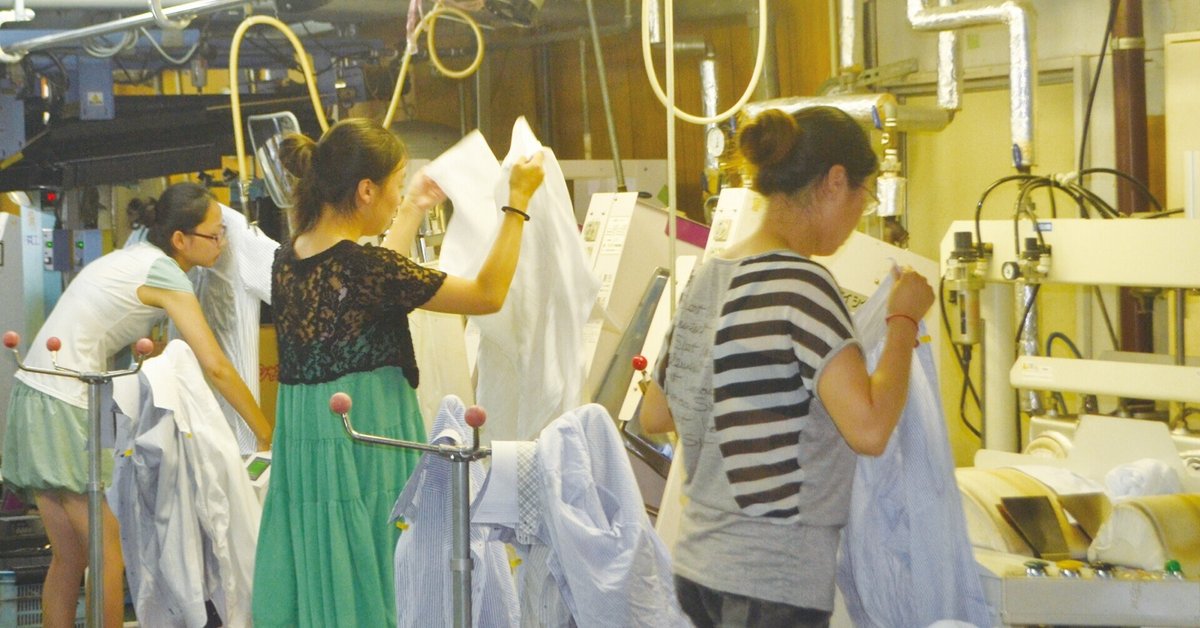
03 Abolish the Technical Intern Training Program (TITP) – Protections and Redress for Technical Intern Trainees
For Run, a technical intern trainee from Cambodia, every day at the workplace was full of fear. His Japanese colleagues abused him shouting, “Speak Japanese!” or “You are just a waste!” and sometimes even threw tools at him.
It was not what he had expected. He borrowed money to come to Japan, on the promise that he would be able to make good money in Japan. He had been told that he would work as a mold maker for construction, but he never even touched a mold frame. Still, he was able to pass the exam for the Basic 2nd Level certificate as his teacher had told him the correct answers beforehand. It was his plan to work for three years in Japan to make enough money to repay his debts and start a new life with his family back home. And that is the only reason he endured everyday abuse at his workplace.
However, one day, Run was suddenly hit by a hammer so hard that his helmet broke. From the next day, he was unable to go to his workplace or even speak. Nobody at his workplace, including the president, senior workers, and the translator of the supervising organization, helped him. He managed to gain access to a labor union through an acquaintance, and filed a claim for work-related mental health damage. There, he came to know other technical intern trainees from Vietnam and China who also experienced abuse in the workplace. With their help, Run was able to speak again to fight for his rights. Six months later, his claim was approved and now he continues to receive treatment in Cambodia.
▶ Not an improvement but an immediate abolishment of the TITP
Since its inception, the Technical Intern Training Program (TITP) has been criticized for causing numerous human rights violations, including meager salaries and overtime pay below the legal minimum wage (sometimes just 300 yen per hour), inappropriate deductions, long working hours, the assignment of work tasks not stipulated in the contract, concealment of work- related injuries, abuse, sexual harassment, prohibitions and restrictions on workers’ activities and communication, and forced return to one’s home country before the end of the contracted term. These realities of the TITP – which could be considered as a form of slave labor – surfaced through media reports on the 1998 Logistics Cooperative case, in which the cooperative spent the money it forced the technical intern trainees to save, and then went bankrupt. Since then, cases of abuse against technical intern trainees have been reported, inviting domestic and international criticisms.
Nevertheless, the construction industry has increased recruitment of technical intern trainees, as recovery efforts for the 2011 disaster and preparations for the Olympic and Paralympic Games have further worsened structural labor shortages. This has led to an increase in reports of violence against technical intern trainees. Furthermore, there have been reports of cases in which technical intern trainees are being forced to work at nuclear power plants and cases in which female technical intern trainees who got pregnant are being forced to choose between having an abortion and returning to their home countries.
Even though some improvements have been made by the 2009 revision to the Immigration Control Act and the 2017 enforcement of the Technical Intern Training Act, there have been endless reports of human rights violations, labor standards violations, and other inappropriate practices. While this system is supposed to provide international contributions, it is obvious that the TITP is a quasi-migrant-worker recruitment system, whose structure inevitably breeds trafficking and slave labor. Moreover, the fact that large corporations like Nissan, Mitsubishi, and Hitachi were charged with illegal management of the TITP in 2018, indicates that the Program not only causes labor rights violations in small firms but also has fueled moral hazards for Japanese corporations throughout the industrial sector. This system is destroying democracy. The government should immediately follow the recommendations of the United Nations (UN) Special Rapporteur on the Human Rights of Migrants that the TITP should be “discontinued and replaced by an employment program.”
▶ Protections and redress for technical interns
It is an urgent matter to provide redress and protections for technical intern trainees who were subject to exploitation and human rights violations. The first step should be strengthening the function and authorities of the Organization for Technical Intern Training (OTIT) – an organization that was established in 2017 to protect the rights of technical intern trainees.
It is also important to ensure that the victims of exploitation are able to exercise claims to their rights. Specifically, it is necessary (1) to ensure access in multiple languages to support institutions, labor unions, and NGOs as well as to shelters where victims can stay safely; (2) to disseminate information regarding the rights of workers in case of a pregnancy, childbirth, or illness; (3) to stipulate the responsibilities of oversight organizations as well as the government in providing redress for victims in cases of non- payment so that technical intern trainees can receive their pay even if employers are not willing/able to pay; and (4) to enable technical intern trainees to escape from abusive situations by effectively ensuring their right to change workplaces (the provision of a stable residence status until re-employment and changing the rules on the provision of leave allowances are both possible under the current laws) and allowing victims to change their residence status.
It is also absolutely necessary to eliminate the practice of monetary advances – one of the major causes of slave labor. Eliminating inappropriate debt payment requirements imposed on technical intern trainees by sending institutions is a necessary condition for technical intern trainees to work, live, and return home safely.
この記事が気に入ったらサポートをしてみませんか?
